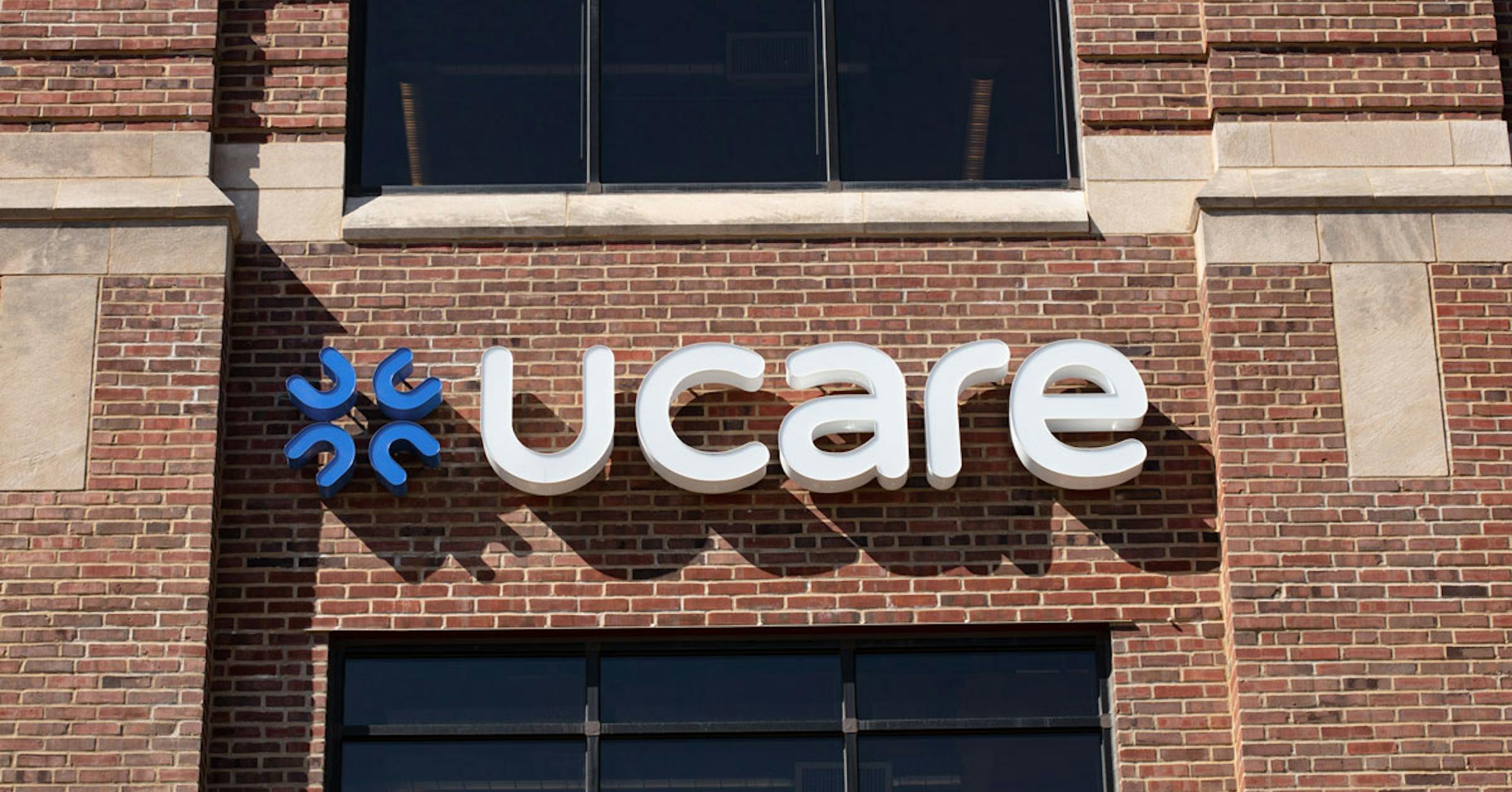CBS News
Can you use a 401(k) hardship loan to pay off credit card debt?

Getty Images/iStockphoto
If you aren’t paying off your balance in full each month, it’s easy for your credit card debt to grow and become a crushing burden, especially in today’s economic climate. Not only are Americans racking up a record amount of credit card debt right now — the total is sitting at $1.17 trillion currently, up from $1.14 trillion in the second quarter of the year — but today’s high credit card rates can result in hefty interest charges that make it tough to pay down any balance you’re carrying from one month to the next.
As interest accumulates on your revolving credit card balances, you may be looking for solutions to tackle what you owe. There are lots of debt relief strategies you can consider, but one option that may seem particularly appealing is dipping into your retirement savings through a 401(k) hardship loan. After all, a 401(k) account is a sizable asset that’s already yours, and borrowing from it may seem like an easy way to regain financial stability.
However, tapping into a 401(k) for any purpose is a significant decision, one that can have long-term consequences. So before pursuing this option, it’s essential to understand whether a 401(k) loan can be used to pay off your credit card debt, and if so, whether it’s truly the best solution to do so.
Tackle your credit card debt now with the help of a debt relief expert.
Can you use a 401(k) hardship loan to pay off credit card debt?
It is possible to use a 401(k) loan to pay off credit card debt. Most 401(k) plans allow participants to borrow a portion of their account balance, and the loans are then repaid with interest over a set period. Since you’re borrowing your own money, the interest you pay goes back into your account, which can make this option seem attractive compared to high-rate credit card debt.
However, that doesn’t mean you can use a 401(k) hardship loan, which is a specific type of 401(k) loan, to do so. There are strict rules governing 401(k) hardship loans, and they are generally meant for urgent financial needs. Using the loan to pay off credit card debt may not meet the hardship criteria set by some plan administrators, as hardship withdrawals are generally restricted to specific circumstances defined by the IRS, including:
- Medical expenses
- Costs related to purchasing a primary residence
- Tuition and educational fees
- Expenses to prevent eviction or foreclosure
- Funeral expenses
- Certain expenses for repairing damage to your primary residence
But while paying off your credit card debt with a hardship loan may not be allowed, you do have another option: taking out a regular 401(k) loan to pay off your credit card debt. These loans allow you to borrow up to 50% of your vested account balance or $50,000, whichever is less, for nearly any purpose. The loan must be repaid within a certain number of years through payroll deductions, and interest rates are typically prime rate plus 1%.
It’s important to note, though, that using a 401(k) loan for debt repayment can derail your retirement savings. When you do this, the money you withdraw is no longer earning compound interest, which can significantly impact your nest egg over time. So while paying off credit card debt is important, it’s crucial to weigh the short-term relief against the long-term consequences of borrowing from your retirement funds.
Find out what other credit card debt relief options are available to you.
What are the alternatives to using a 401(k) loan for credit card debt?
If using a 401(k) loan to pay off your debt feels risky, you may want to consider exploring other, more sustainable options. Here are some of the most effective strategies include:
Debt consolidation loans
A debt consolidation loan from a bank or credit union allows you to combine multiple credit card balances into one manageable loan with a lower interest rate. This approach simplifies your payments and can save you money in interest over time.
Balance transfer credit cards
If you have a solid credit score, using a balance transfer credit card to cut down on interest could be a smart move. These cards typically offer a 0% introductory APR for a set period (usually 12–21 months), allowing you to pay off your debt without accruing additional interest.
Debt settlement
Debt settlement (also known as debt forgiveness) involves negotiating with creditors to settle your debt for less than the full amount owed. This can be an effective way to reduce your debt burden, and with the right strategy, you could reduce your credit card debt by 30% to 50% on average. However, the settlement process can hurt your credit score, so it’s typically a last resort for those facing significant financial hardship.
The bottom line
While a regular 401(k) loan can technically be used to pay off credit card debt, you can’t typically use a 401(k) hardship loan for these purposes. But either way, borrowing from your retirement fund to pay off credit card debt is a high-stakes decision with significant risks to your financial future. In many cases, the immediate relief may not outweigh the long-term consequences. So, you may want to consider alternative options instead, many of which can offer more manageable ways to eliminate credit card debt.
CBS News
Looking back at sports’ biggest moments in 2024

Watch CBS News
Be the first to know
Get browser notifications for breaking news, live events, and exclusive reporting.
CBS News
Holiday travel rush underway across U.S.

Watch CBS News
Be the first to know
Get browser notifications for breaking news, live events, and exclusive reporting.
CBS News
Oil and gas companies sued over alleged false claims of plastic recyclability

Watch CBS News
Be the first to know
Get browser notifications for breaking news, live events, and exclusive reporting.



